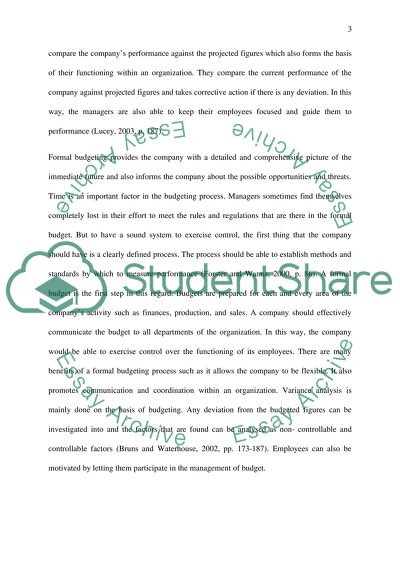Cite this document
(“Management Accounting 2 Essay Example | Topics and Well Written Essays - 1500 words”, n.d.)
Management Accounting 2 Essay Example | Topics and Well Written Essays - 1500 words. Retrieved from https://studentshare.org/finance-accounting/1628468-management-accounting-2
Management Accounting 2 Essay Example | Topics and Well Written Essays - 1500 words. Retrieved from https://studentshare.org/finance-accounting/1628468-management-accounting-2
(Management Accounting 2 Essay Example | Topics and Well Written Essays - 1500 Words)
Management Accounting 2 Essay Example | Topics and Well Written Essays - 1500 Words. https://studentshare.org/finance-accounting/1628468-management-accounting-2.
Management Accounting 2 Essay Example | Topics and Well Written Essays - 1500 Words. https://studentshare.org/finance-accounting/1628468-management-accounting-2.
“Management Accounting 2 Essay Example | Topics and Well Written Essays - 1500 Words”, n.d. https://studentshare.org/finance-accounting/1628468-management-accounting-2.


